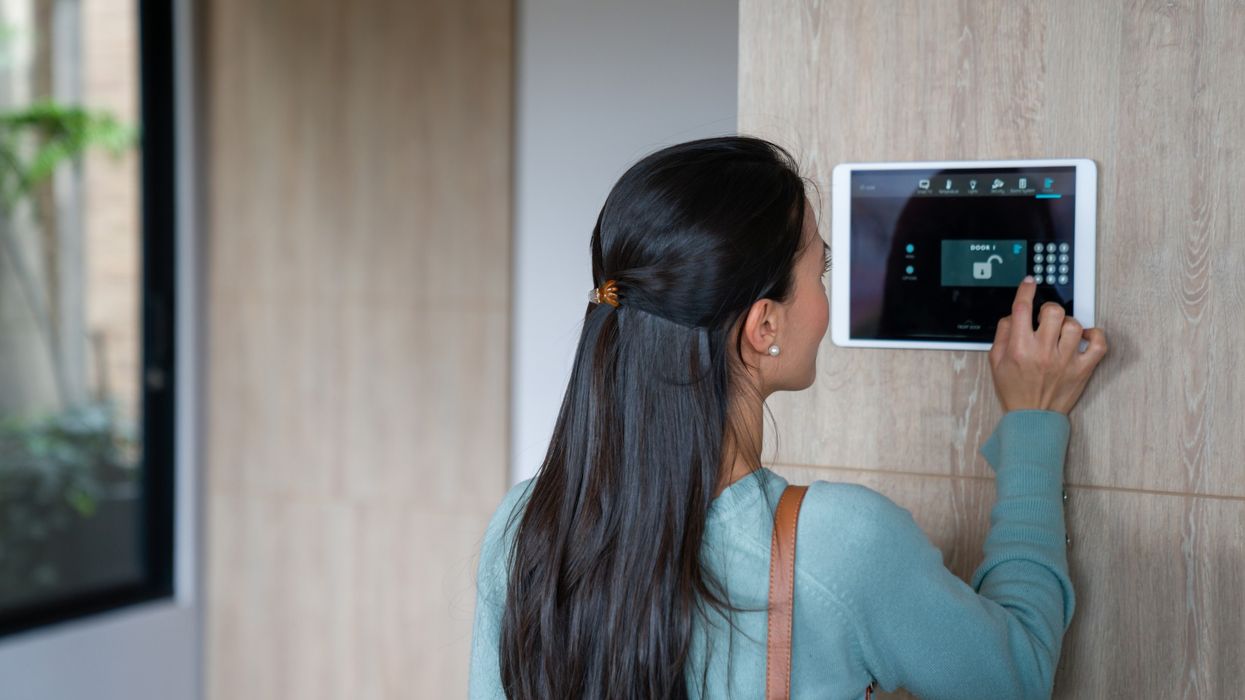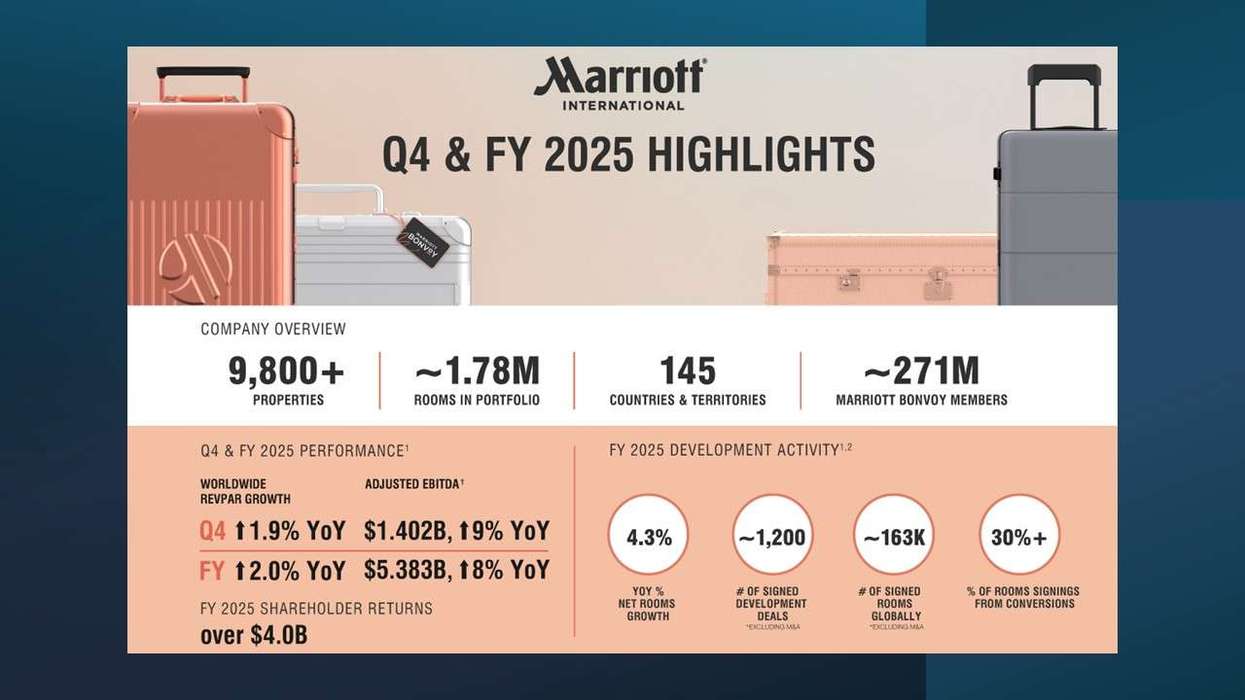ONLY ONE IN five hotel professionals believe the current tech stack is sufficient for achieving efficiencies, cost savings and adequate guest care, according to a recent survey by the Hospitality Women’s Innovation Council. Approximately 91 percent of survey respondents indicated that better collaboration among technology companies on integrations is needed, while 86 percent felt improved integration processes would encourage greater investment in technology.
HWIC, a group of hotel brand executives, managers, and innovators, conducted the survey between May 25 and June 15, HWIC said in a statement. More than 300 owners, managers, and technologists participated in the survey.
The study was supported by Visual Matrix, a PMS software developer in Richardson, Texas.
“Industry professionals have confirmed that more than any other factor, collaboration is the key to driving better business results for hoteliers—collaboration among technology providers and between the providers and the hoteliers they serve,” said Georgine Muntz, HWIC co-chair and CEO of Visual Matrix. “When we created the council close to a year ago, we began with the assumption that women leaders in hospitality can help improve the ways industry professionals collaborate for common ends and encourage better standardized integrations. Now that assumption has been fully validated. We look forward to sharing the council’s recommendations on better integration, collaboration and advancing innovation, in the weeks ahead.”
The survey posed the following questions:
- How well does the current hotel technology stack (PMS, CRS, RMS, housekeeping, maintenance, etc.) serve hoteliers and their guests?
- Which technologies or solutions are most effective for improving your daily duties as a hotelier or hotel professional?
- How well do different technology providers integrate and collaborate with one another?
- How important is it that integrations are made more accessible and seamless?
- How should technology solutions evolve within hospitality in the future?
- If integrations were easier, how would this impact your decision to purchase or adopt new technology in the future?
A recent CBRE survey found that U.S. hotel investor sentiment remains strong, with acquisition activity expected to match 2023 levels. About 35 percent of respondents expect acquisition activity to remain the same as in 2023, while less than 16 percent anticipate a decrease.






